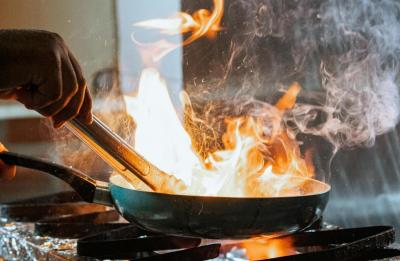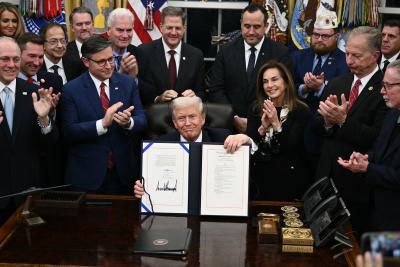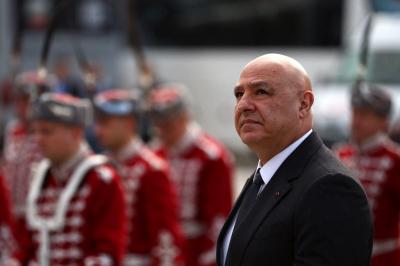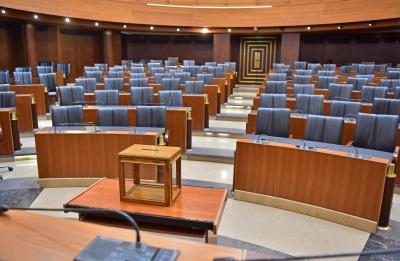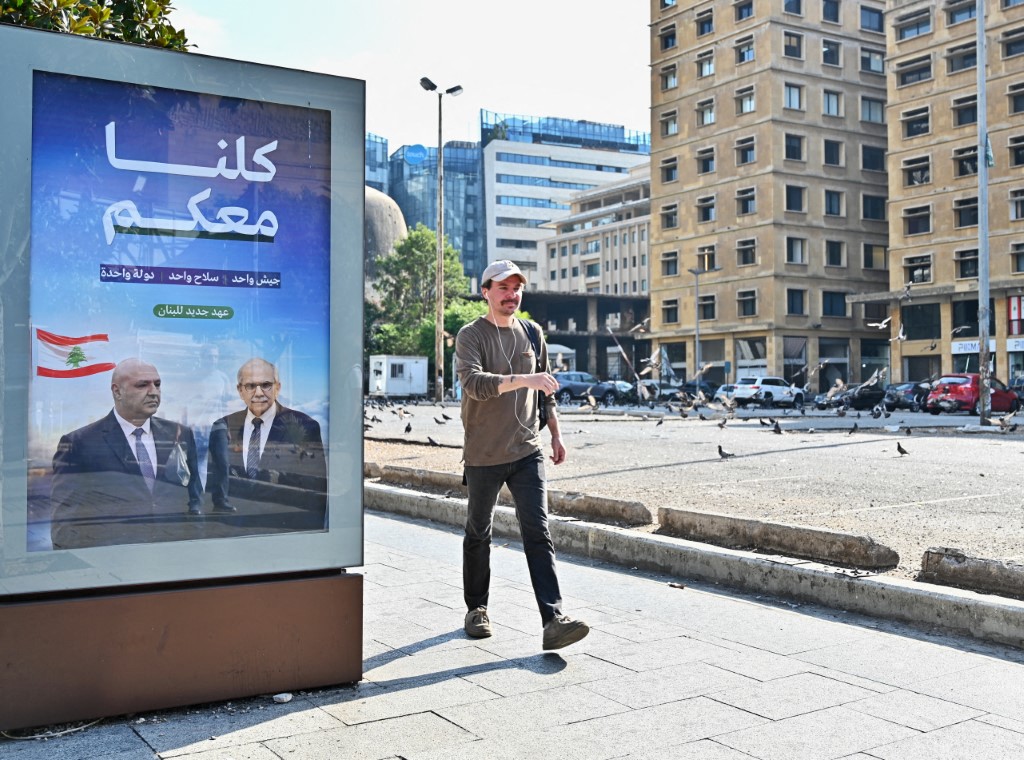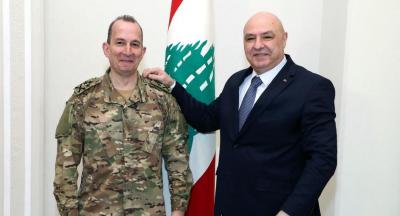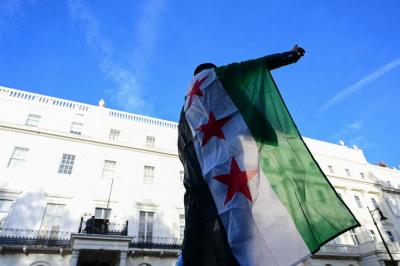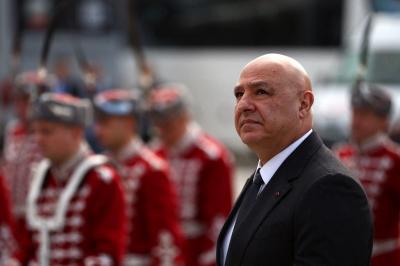It seems Lebanon’s political honeymoon is over. The new order that emerged nine months ago—one that brought together most of the country’s factions, many of whom were rewarded with positions and gains, while enjoying the sponsorship of regional and international backers—appears to have run out of sweetness. The honey has dried up, and the cracks in the hive are now visible.
Confucius once said: “I care not who makes the laws of China, so long as I can write its songs.” In Lebanon today, one might ask: what song could capture the state of relations between the first and third presidencies? Perhaps a playful refrain: “If he doesn’t light up Raouche, then in government he makes a ruckus.”
The aftershocks of the controversial commemoration at Beirut’s iconic Raouche Rock—where images of “Hezbollah’s” slain leaders Hassan Nasrallah and Hashem Safieddine were projected—are still reverberating, according to Prime Minister Nawaf Salam. What puzzled many was why Salam considered the illumination of the rocks an affront to his authority. After all, the landmark had been lit up before with the faces of both local and foreign leaders. Why did his circle present the move as an attack on Beirut itself, as though the capital belonged to one camp rather than to the entire country?
The matter escalated beyond proportion. The prime minister nearly withdrew from public duties, cut off communications, and canceled meetings—over a spectacle that lasted mere minutes and left no permanent mark. In the fallout, anger was redirected at the army and security services for failing to enforce orders. Salam demanded prosecutions, while President Joseph Aoun decorated Army Commander Rodolphe Heikal with the nation’s highest reward.
The two leaders eventually met and spoke candidly. Yet, as many observed, the tension did not dissipate. Salam, who was never the first choice for prime minister, has always had a distant relationship with the president. Both have cooperated out of necessity, but warmth has been absent. This was the first crack. Whether it will widen remains to be seen.
The second crack came with the sudden revival of the slogan “Leave!”—this time voiced by a journalist affiliated with factions represented in the government. The slogan has a heavy history in Lebanon: it was directed at President Emile Lahoud after Rafik Hariri’s assassination, and again at President Michel Aoun during the 2019 protests, when demonstrators even attempted to storm the presidential palace. Both leaders, however, served their terms until the end.
While yesterday’s call might not have been coordinated by the journalist’s political patrons, it nonetheless signaled waning support. These factions have grown restless, urging the president to resolve—without delay—the question of exclusive state control over weapons, particularly those of “Hezbollah.” They have also expressed dissatisfaction with the army’s plan, presented to cabinet, and await the military’s first progress report on Monday.
It is worth recalling that some of these very factions opposed Joseph Aoun’s election to the presidency, working until the last moment to “block the road” to Baabda Palace. Likewise, they had no enthusiasm for Nawaf Salam’s premiership. Yet once both men assumed power, those factions joined the government with apparent satisfaction. Now, their patience seems to be fraying.
The third crack comes from abroad. International backers are running out of patience with what they see as stalling on disarmament and the implementation of UN Resolution 1701, which requires that weapons be held solely by the state. They have given Lebanon until the end of this year to deliver. These powers were not impressed by President Aoun’s speech at the UN, where he stressed civil peace, nor by his dialogue with “Hezbollah,” whether direct or through envoys. Nor are they convinced with the army’s performance. One foreign sponsor even hinted that the army should be rearmed not to defend against Israel, but to confront domestic threats.
For these patrons, their faith in Lebanon’s leaders is eroding. The promises made by local allies to rein in “Hezbollah” have not been kept. Many fear that, in frustration, Israel could once again unleash its war machine on Lebanese soil—this time with tacit international approval.
The honey that once sweetened relations among Lebanon’s factions and their external sponsors has run out. The honeymoon, it seems, is over—or very nearly so.
Please post your comments on:
[email protected]
 Politics
Politics

